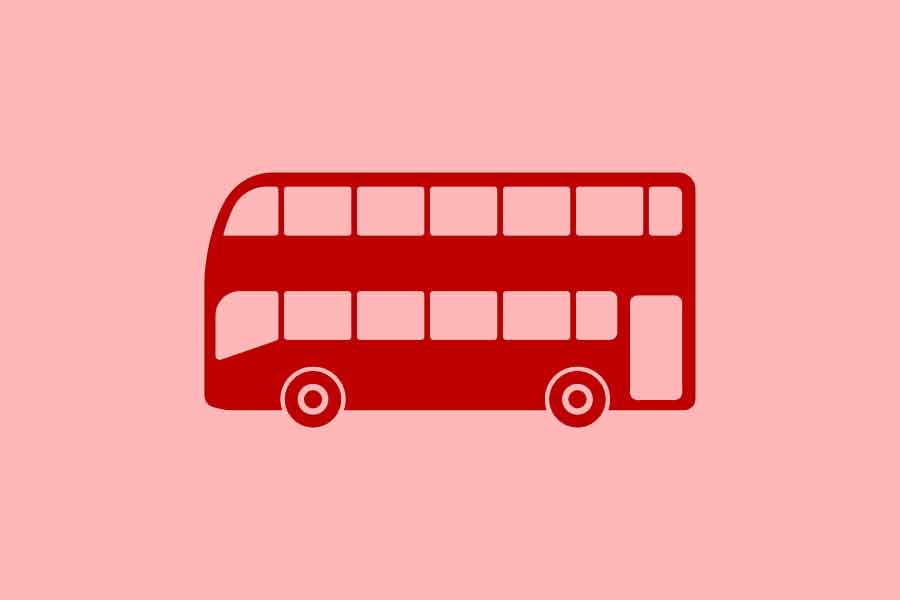
Published :
Updated :

Optimism flickers defying the odds. With financial support from the World Bank, the interim government will introduce electric buses in Dhaka. If everything goes well, the capital city of Bangladesh will see green, clean public buses plying on roads from July 1 this year. Some 400 e-buses will be introduced gradually in a bid to reduce environmental pollution and ease the crisis of public transport in Dhaka.
In a city of terrible congestion coupled with unfit and dirty public buses, millions of daily commuters have to suffer terribly. Over the decades, making public transport efficient and commuter-friendly was not a priority for successive governments. Despite some measures taken during one and half decades of the now-ousted Hasina regime to improve public transport, the net outcome was disappointing. The measures were half-hearted, largely unplanned and mostly uncoordinated. Instead, allowing rent-seekers to control the public transport sector made things worse. From the circular bus to Nagar Poribahan service, all failed despite being welcomed by the regular passengers.
Around two years ago, the previous regime also announced that the Bangladesh Road Transport Corporation (BRTC) would procure 100 e-buses along with 350 regular buses. It was also decided that the e-buses would start to ply in Dhaka by the end of 2023. Nothing happened after the announcement, and no e-bus has yet joined the public transport fleet.
The adoption of e-buses, also known as green buses, in urban transport fleets is growing worldwide. Starting in China, e-buses have already gained popularity in developed and some developing countries. As cities grapple with increasing pollution, greenhouse gas emissions, and congestion, e-buses offer a better solution for the future of transit systems where more people can choose public transport over private vehicles.
A study conducted by the Asian Development Bank (ADB) showed that the Asia-Pacific electric bus market size was over US$ 26 billion in 2020, growing yearly. It also showed that in March 2022, only 30 electric buses were deployed by TransJakarta in Indonesia, with a plan to procure 10,000 e-buses by 2025. Malaysia announced a plan to convert 40 per cent of all public transport into electrically run or fuelled by CNG/LPG/biofuel by 2030. Singapore wants to make one in two public buses to be electric by 2030. India has also tried to enhance e-buses in major cities where Delhi is leading. In 2022, Delhi flagged off 97 e-buses, and the number already crossed 1,500. The Indian capital will gradually see more e-buses replacing existing diesel-run and CNG-driven public buses in the coming days. In January 2023, Pakistan's first e-bus service was introduced in Karachi.
Though the move to introduce e-bus is the right step, there are several challenges to make the programme successful. Selection of the routes for operating the e-buses is critical. How the existing diesel-run buses will be phased out in these routes is another issue that needs to be addressed carefully. Whether or not the transport owner-workers associations will cooperate is also a matter of concern. It is almost impossible to ply e-buses on Dhaka's roads without these associations' support. Despite the political changeover, the associations have enough strength to foil any good move to discipline public transport in Dhaka. The leaders of the transport associations have created a severe barrier to plying the BRTC-run buses on different routes in the city and across the country.
Again, e-buses need dedicated charging stations. Due to space constraints in Dhaka, setting up an adequate number of charging stations will be another challenge. Well-maintained e-bus depots are also a must. Training the drivers will be, however, easier. Unruly and chaotic traffic on roads is likely to reduce the optimal mobility of e-buses. As there is no control over the growing number of para-transits like CNG-driven auto-rickshaws, motorcycles, battery-run rickshaws, and human-pulled rickshaws, rooms on main roads have shrunk for buses.
Nevertheless, the city of Dhaka needs e-buses for better mobility and less pollution. A civilised city cannot allow chaos and pollution to continue forever. So, it is a big challenge before the interim government to reduce traffic chaos and remove pollution-generating vehicles from the roads. Operating the e-buses will be a test case in this connection.
asjadulk@gmail.com


 For all latest news, follow The Financial Express Google News channel.
For all latest news, follow The Financial Express Google News channel.